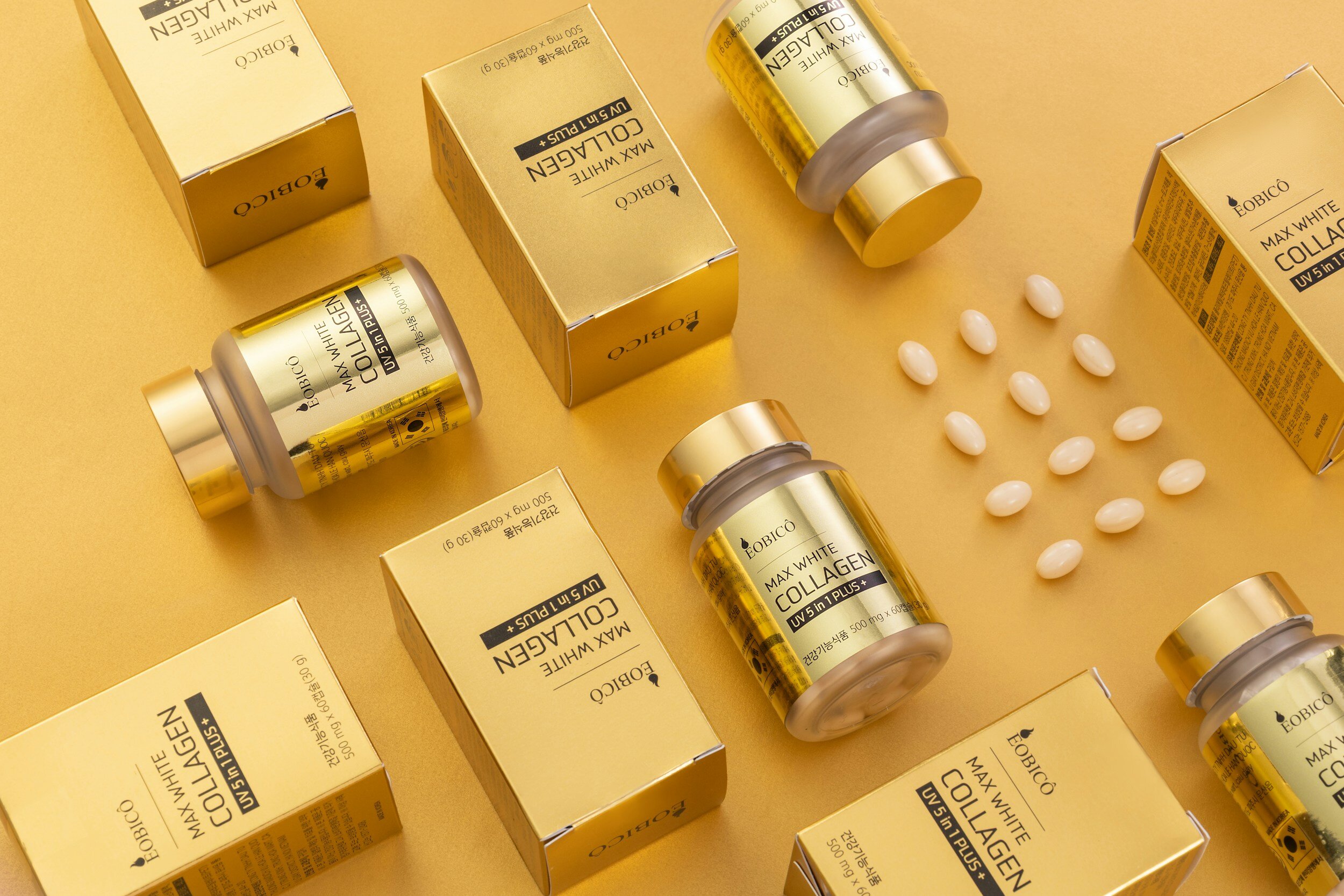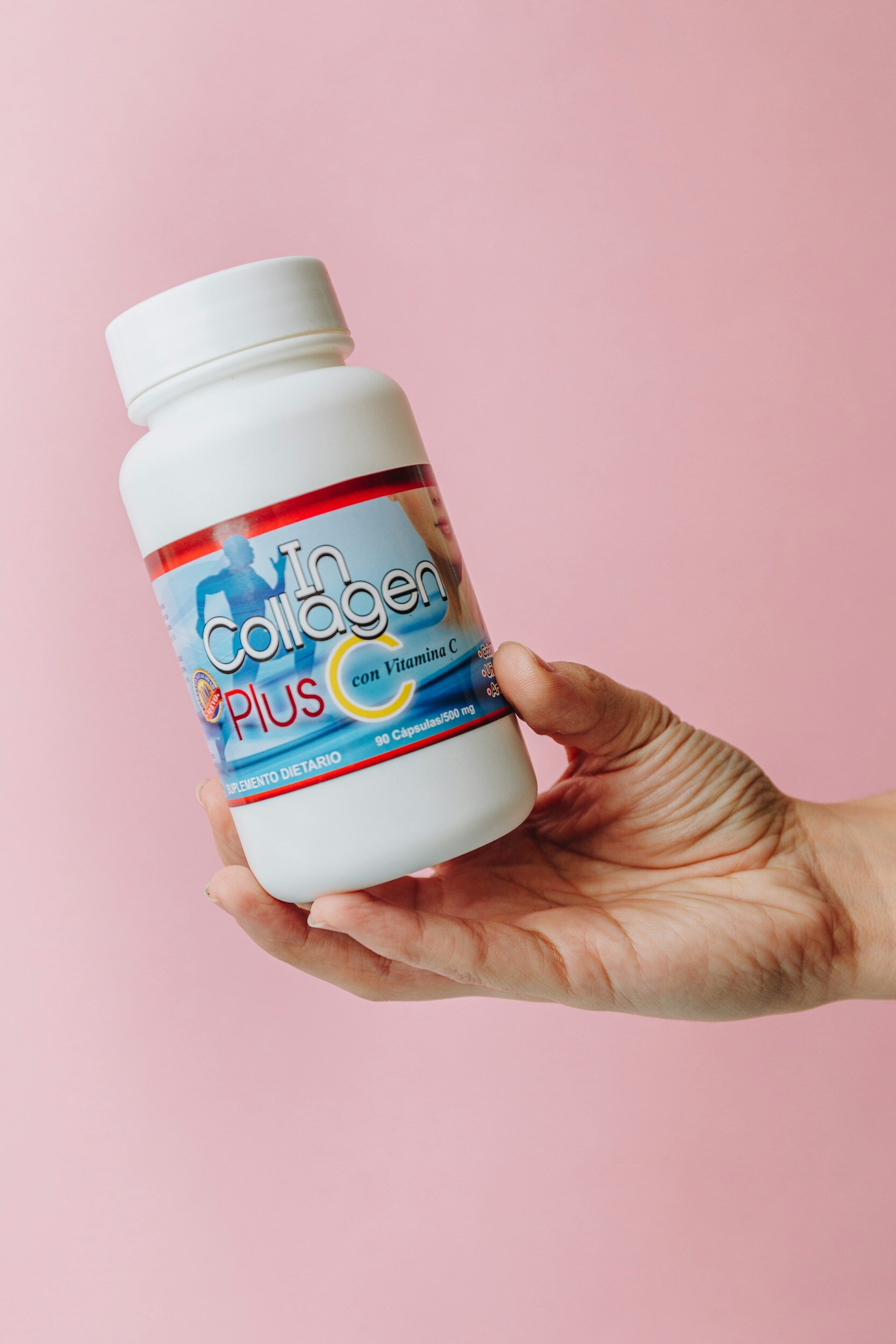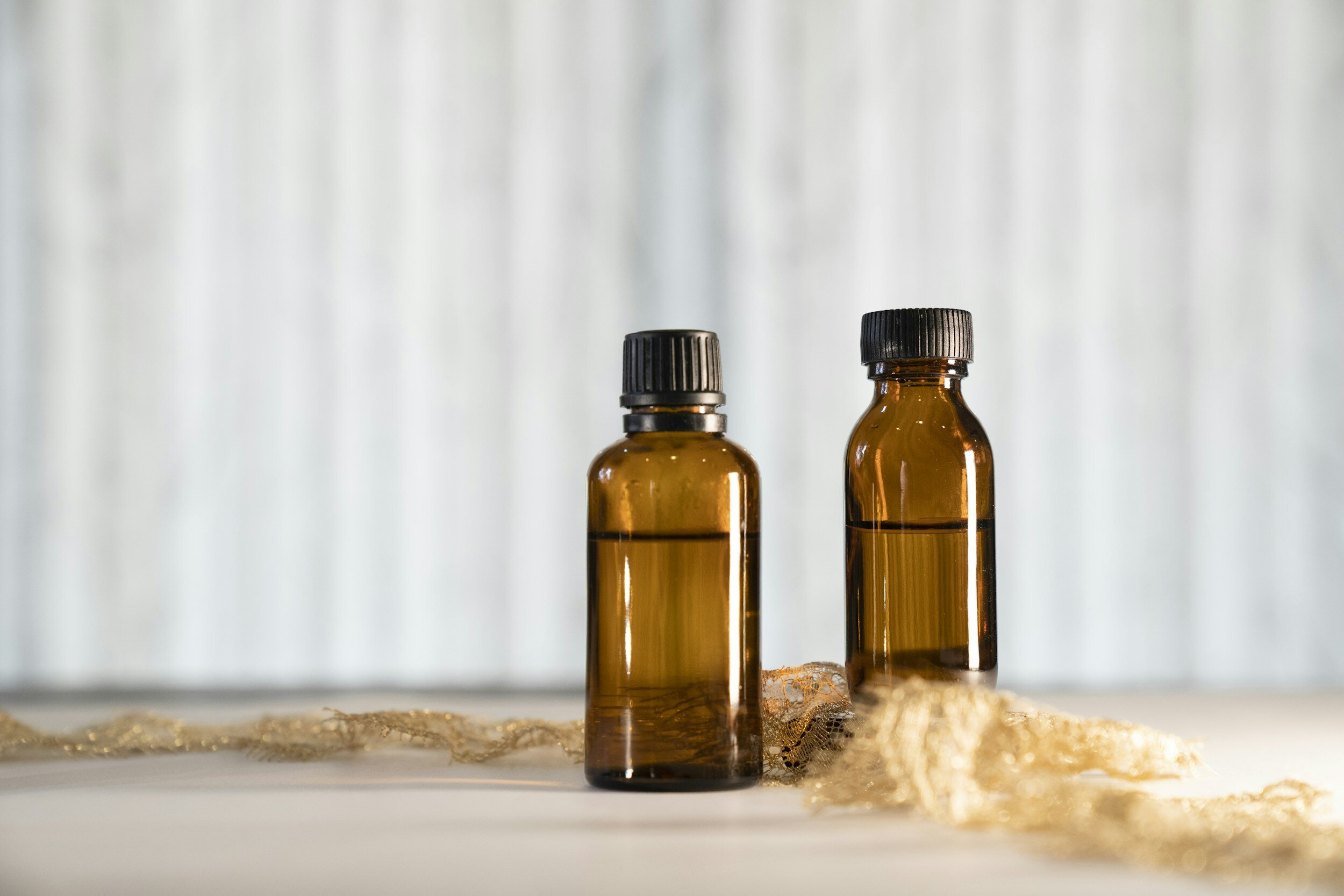The facts.
-
The global collagen market size was valued at USD 9.76 billion in 2023
-
It is anticipated to grow at a compound annual growth rate (CAGR) of 9.6% from 2024 to 2030
-
The demand for collagen is taking a toll on the environment including deforestation of the Amazon
The big picture.
Collagen seems to be everywhere! In face creams, liquids to drink, powder to add into smoothies – all of the marketing hype can lead you to feel like you are missing a vital ingredient if you don’t take it. Collagen health benefits are touted as the secret of youth, an anti-aging miracle due to the promise of creating younger looking skin and gorgeous hair and nails. Is collagen beneficial? Should you consider hopping on this train and if so, how can you make kind choices? Let’s dig in.
How is Collagen sold?
There are two main ways to consume collagen – orally and topically. Oral supplements are most commonly in the form of powders (which are mixed with warm or cold water), gummies, capsules, or liquid formulations (ie) collagen water. Topical collagen formulations are prevalent in moisturizing creams and lotions applied to your skin.
There are approximately 28 types of collagen that have been identified with ‘type 1’ comprising 90% of the body’s collagen and being the one primarily in the skin.
Collagen is exclusively derived from cartilage, skin and bones of cows, pigs and marine animals. “Plant based collagen” is sometimes seen in cosmetics -these are plant substances which promote your own collagen production. There are also currently innovative products being developed that will create animal identical collagen without the animal.
Do Collagen Supplements work?
A 2021 scientific study in a peer reviewed journal showed that collagen marketing claimed to do significantly more than was supported by true research. There were well over 25 claims ranging involving skin, hair and nails, whereas some scientific data only suggested improvement in skin hydration, elasticity and wrinkles.
Women’s health discussed this in 2023 and an interviewed dermatologist stated, “the science is notably thin, with limited data to suggest that ingesting collagen orally helps to improve skin and safeguard our natural collagen supply.”
A 2022 peer reviewed scientific publication reviewed original research between 2010 and 2020 and found only a handful of randomized controlled trials on the subject. They concluded that, “both oral and topical collagen can contribute to reducing or delaying skin aging. Future epidemiological studies with large sample sizes and thorough follow-up measures would be required to comprehensively understand the potential effects of these two types of collagen on the aging process.”
When considering if collagen is beneficial, there is very little scientific data on the efficacy of topical collagen on healthy skin.
What are the problems with the Collagen Industry?
Collagen as stated above is made by boiling and processing animal skins, hooves and bones to make a white powder. The commonest source for this is cows and collagen is a huge money maker for the cattle industry. In fact, collagen is far more profitable than meat because of the large customer demand.
In 2023, the Bureau of Investigative Journalism found that the collagen craze was driving deforestation and violence against the Indigenous peoples of Brazilian rainforests. It went on to state that “experts see the preservation of the Amazon as key to tackling climate change. So too is upholding the rights of its Indigenous people, who are widely recognized as the best forest guardians. Nearly half of the best-preserved areas of rainforest are within Indigenous people’s territories.” The article went on to discuss that many collagen companies including popular ones like VItal Proteins are sourcing their collagen from these farms.
Marine Collagen is the other common source of collagen and is often touted as more sustainable but the truth is harder to discern since overfishing is a big problem. Traceability of the source is very difficult. Below is a video that provides a good overview of Collagen.
The choices.
Life-focused
If your focus is on being kind to living things…
-
Avoid Collagen products – the industry is taxing human and animal lives
-
There are new innovative animal free collagen products coming to market (eg) Geltor
Earth-focused
If your focus is on the earth and environment…
-
Avoid Bovine collagen altogether
-
Traceable marine collagen may be better but is associated with higher risk of contamination
Holistic
If you are considering both a life and environmental focus…
-
Remember that anti-aging is so much more than collagen and includes an overall healthy lifestyle
-
Sunscreen and non-collagen skin formulations such as Vitamin C are very effective in an anti-aging skin regimen



